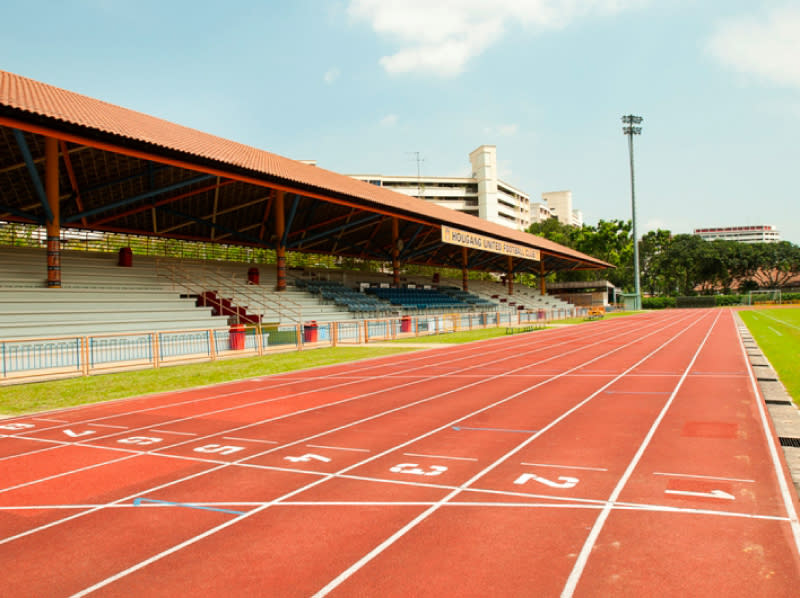Donate and recycle your old sports shoes at 100 collection points from 5 July
The growing wave of calls for healthier living and eco-friendly initiatives have been followed by change on a remarkable scale, where Singaporeans from all walks of life are starting to make changes to their lifestyles in order to be more sustainable. Starting 5 July, Singaporeans can take the next step towards eco-friendliness by donating and recycling their used sports shoes at 100 collection points islandwide.

Locations include Active SG sport centres and stadiums, Decathlon outlets, schools, and tertiary institutions. Singaporeans are encouraged to donate their old shoes, which will be recycled and repurposed into new infrastructure materials such as jogging tracks, playgrounds, or fitness corners. Minister for Sustainability and the Environment Grace Fu said that Singapore is adopting a circular economy approach to waste management, and that the team sees “waste not as something to be thrown away, but as a precious resource to be harvested.”

Last year, Sport Singapore and Dow partnered to upcycle 300,000 used shoes into public sports infrastructure. This year, this initiative aims to collect and recycle 170,000 pairs of shoes such as sports shoes, school shoes, football boots without metal studs, and rubberised slippers and sandals without metal parts. The rubberised soles and midsoles will be ground into granules which will then be bound together by a water-based and solvent-free binder technology.
Approximately 22 million pairs of shoes are sold in Singapore every year and 137,000 tonnes of textile and leather waste are generated, of which only 4% is recycled. This partnership with Sport Singapore is instrumental in transitioning out of a make-use-dispose society to a circular economy in Singapore, where the waste was previously sent straight to Singapore’s only offshore landfill, Semakau.
Semakau is expected to be completely filled up by 2035, and it is thus imperative that Singaporeans recognise the impact they can make as individuals because these fundamental behavioural shifts are ultimately what helps to turn the tide towards a more sustainable, greener garden city.
Other articles you might like:
Behind the wheels in Phase 2 (HA): Taxi drivers’ battle for business and mealtime routines
Dim Sum and Hot Pot — Are plant-based meats with a local twist enough to convince?
The post Donate and recycle your old sports shoes at 100 collection points from 5 July appeared first on SETHLUI.com.


